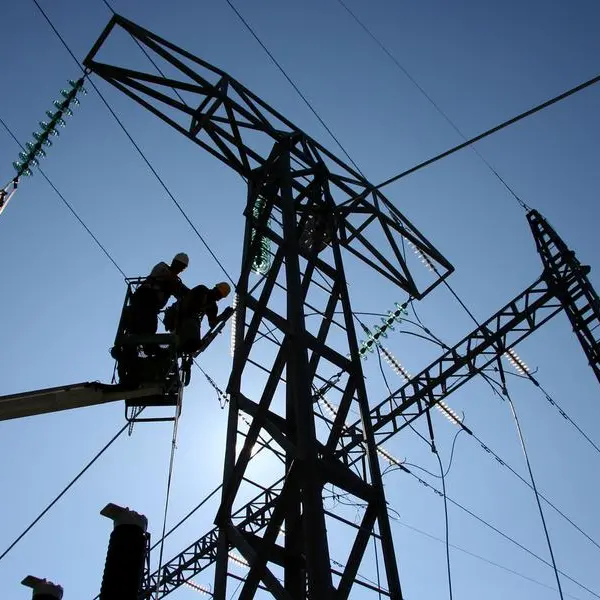PHOTO
An $18 trillion capital gap exists between current commitments and the investments needed for alignment with net zero goals in 2030, according to the Boston Consulting Group (BCG) Center for Energy Impact.
Higher inflation and supply chain disruptions over the past 24 months have significantly hindered energy transition progress, stifling momentum and increasing costs, said the report "Bridging the $18 Trillion Gap in Net Zero Capital".
The vast majority of the $18 trillion shortfall, almost 90%, is traceable to two areas: electricity, including renewable power investments, and end use, such as consumer and industrial spending, to bring down energy demand and emissions.
“The energy sector accounts for almost a third of the world’s annual capex, and its capital intensity rate is more than double that of others,” said Maurice Berns, a BCG managing director and senior partner who chairs the Center for Energy Impact and co-authored the report.
“The massive challenge we are seeing in green energy investment today is that upfront capex investment is much higher as a share of total energy production cost than in traditional hydrocarbons. The high cost of financing we are seeing now matters more than ever.”
The energy sector has, however, responded proactively.
Total energy sector transactions exceeding $320 billion so far in 2023 show that the industry is fine-tuning capital frameworks for the energy transition.
The report is based on an analysis of 260 of the world’s largest energy companies across power and utilities, oil and gas, and private equity.
In its recent “The Energy Transition Blueprint” report, BCG said that an investment of $37 trillion is needed by 2030 to finance the energy transition. Of this, $19 trillion is already committed over the next seven years, with 20% forecast from government spending and 80% from private capital.
A broad mix of investors is expected to contribute to the latter, including a $2 trillion share from private equity, $3 trillion from the oil and gas industry, $4 trillion from national oil companies, and $6 trillion from utilities companies.
“The green energy transition requires a true partnership between the private sector, policymakers and regulators, and end users,” said Rebecca Fitz, a BCG Center for Energy Impact partner and associate director and co-author of the report.
“This critically important process will happen only if all stakeholders commit to overcoming the growing headwinds and finding strong incentives for green investments,” she added.
(Editing by Brinda Darasha; brinda.darasha@lseg.com)





















